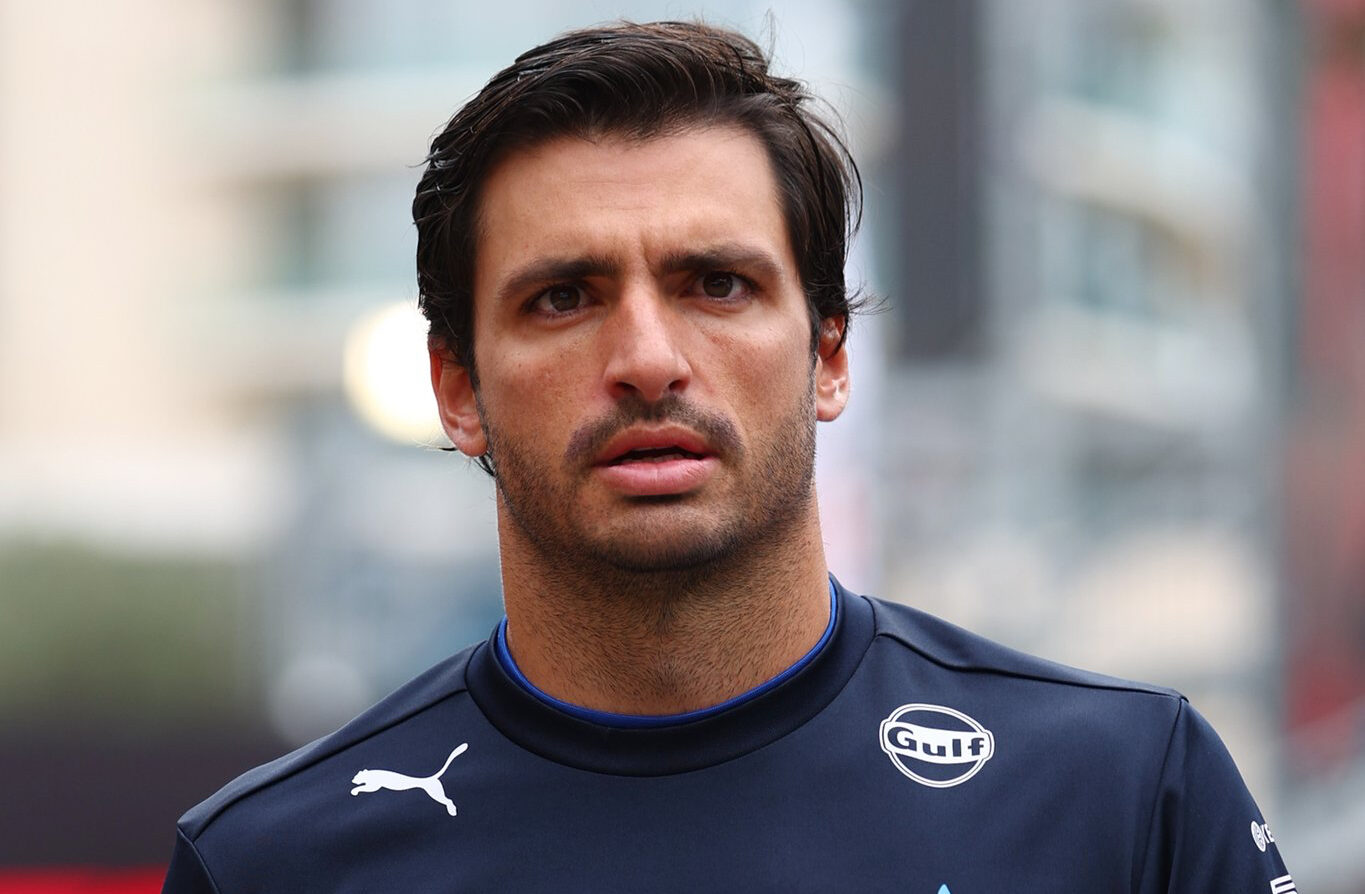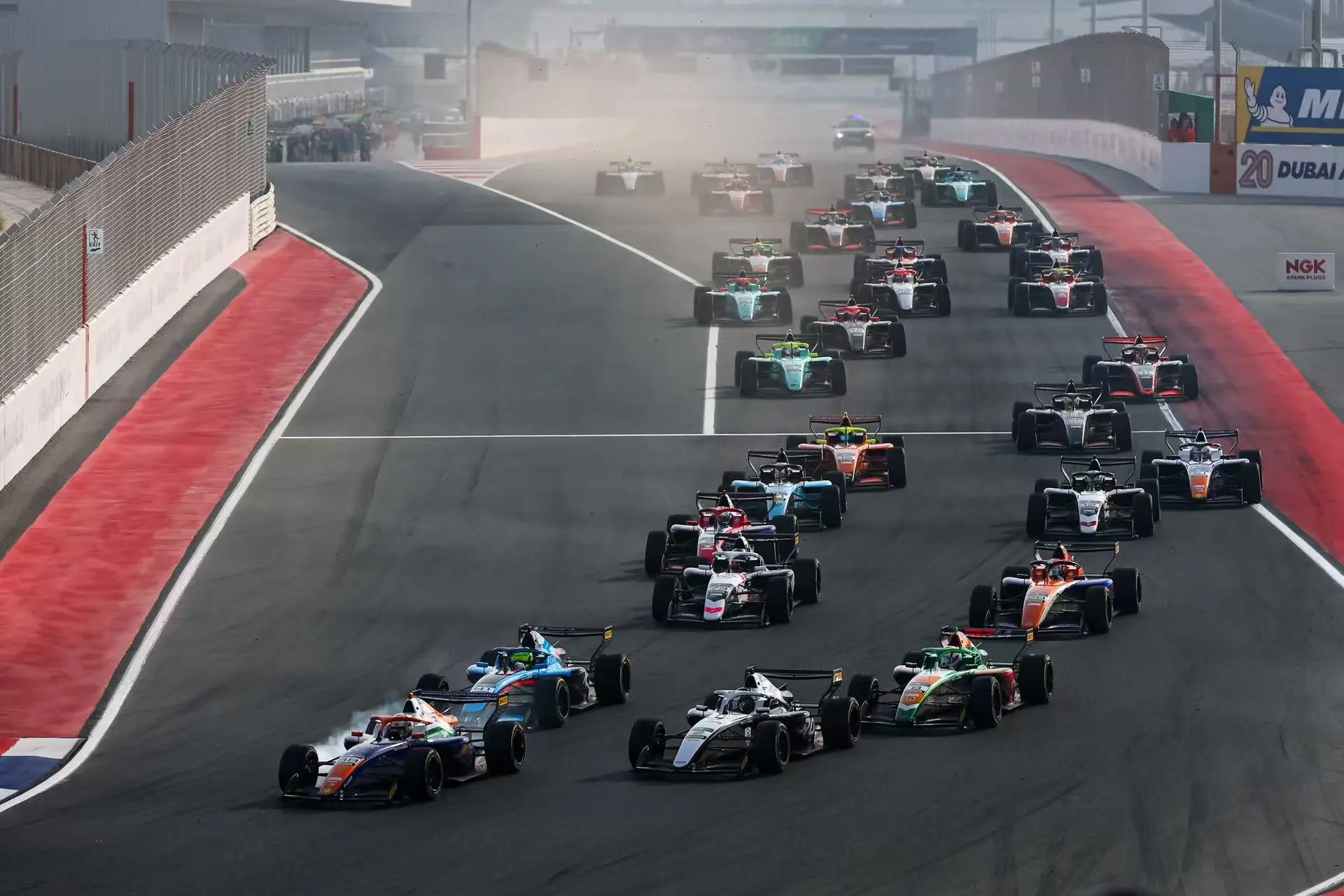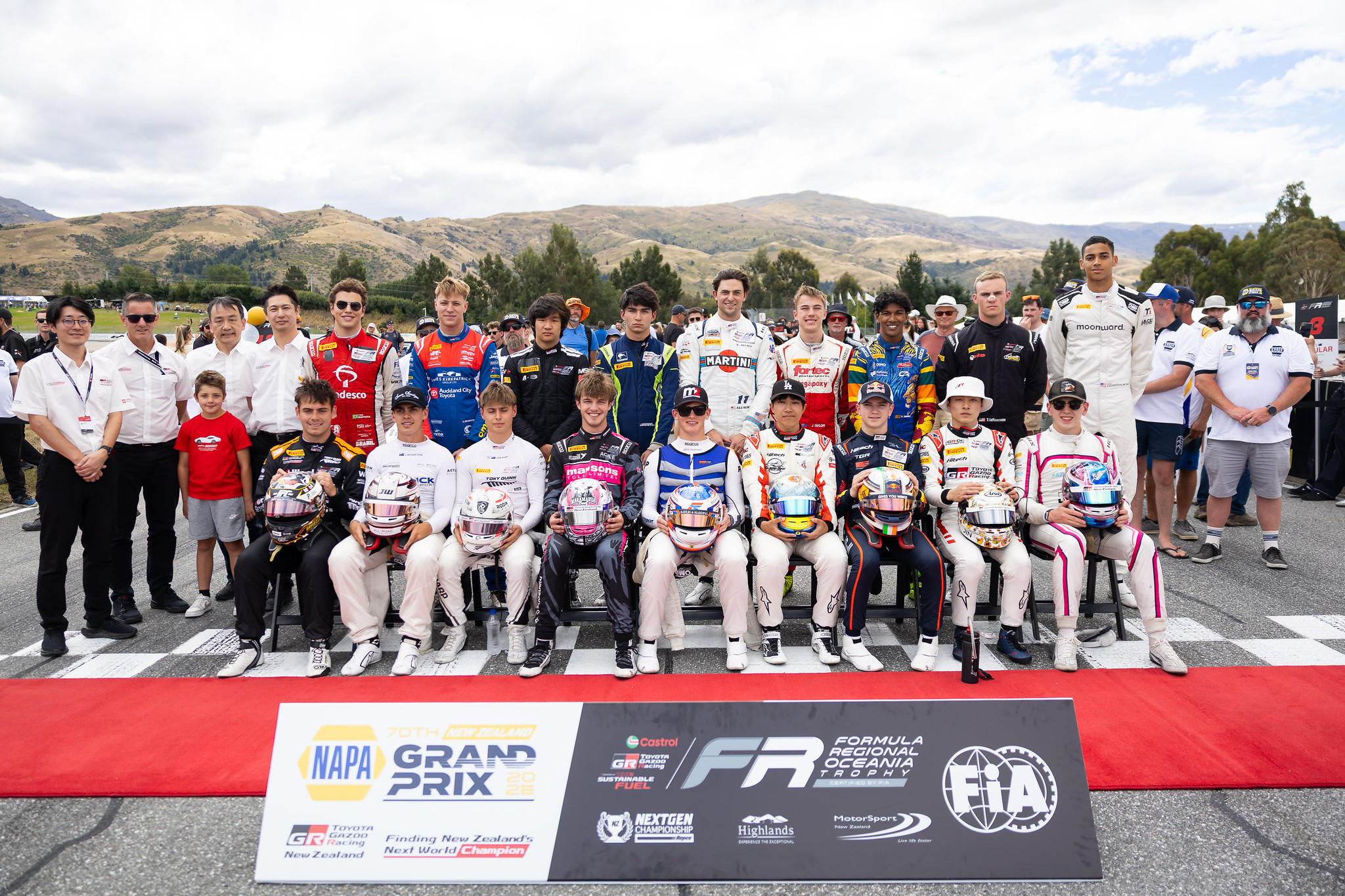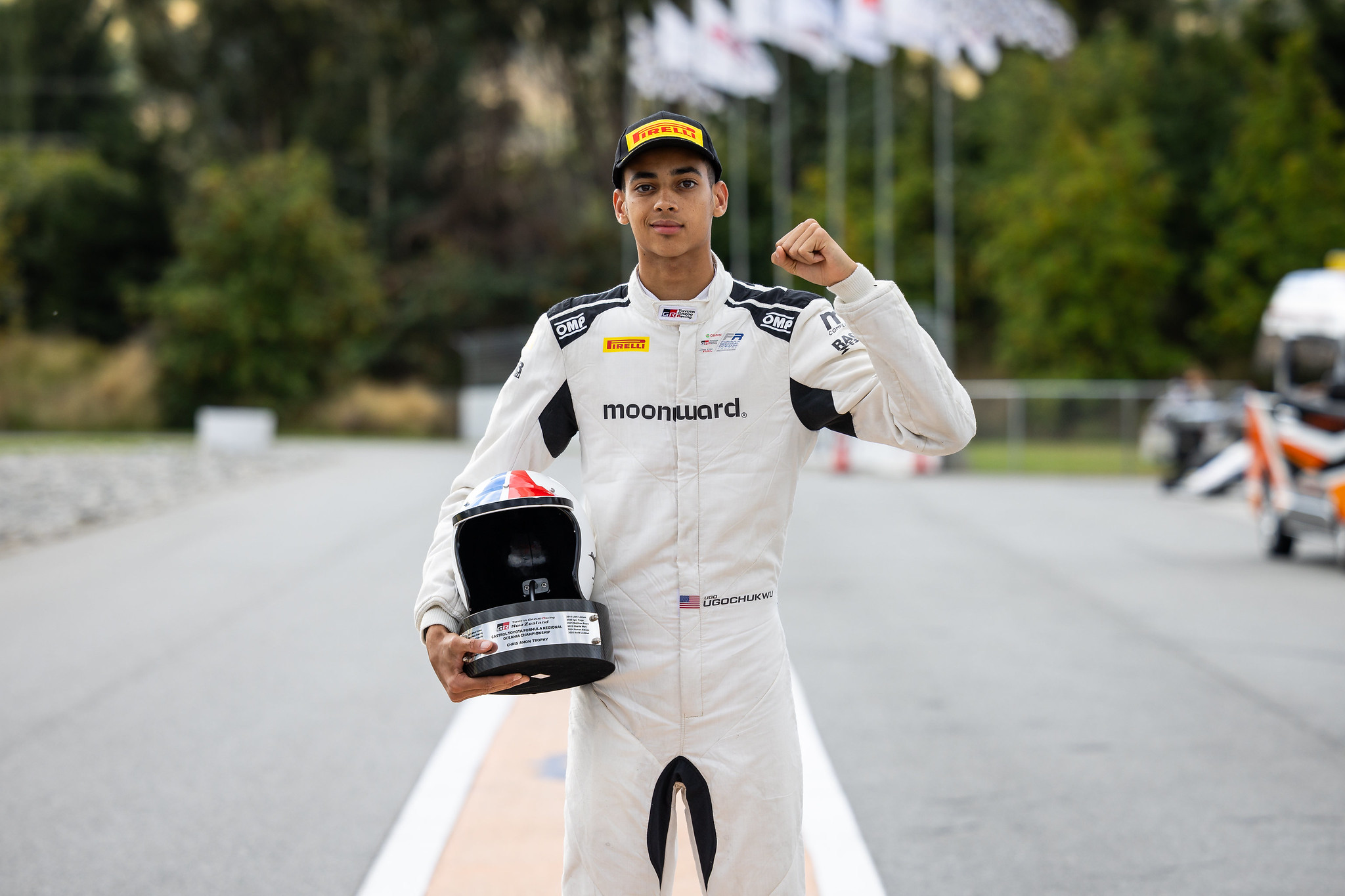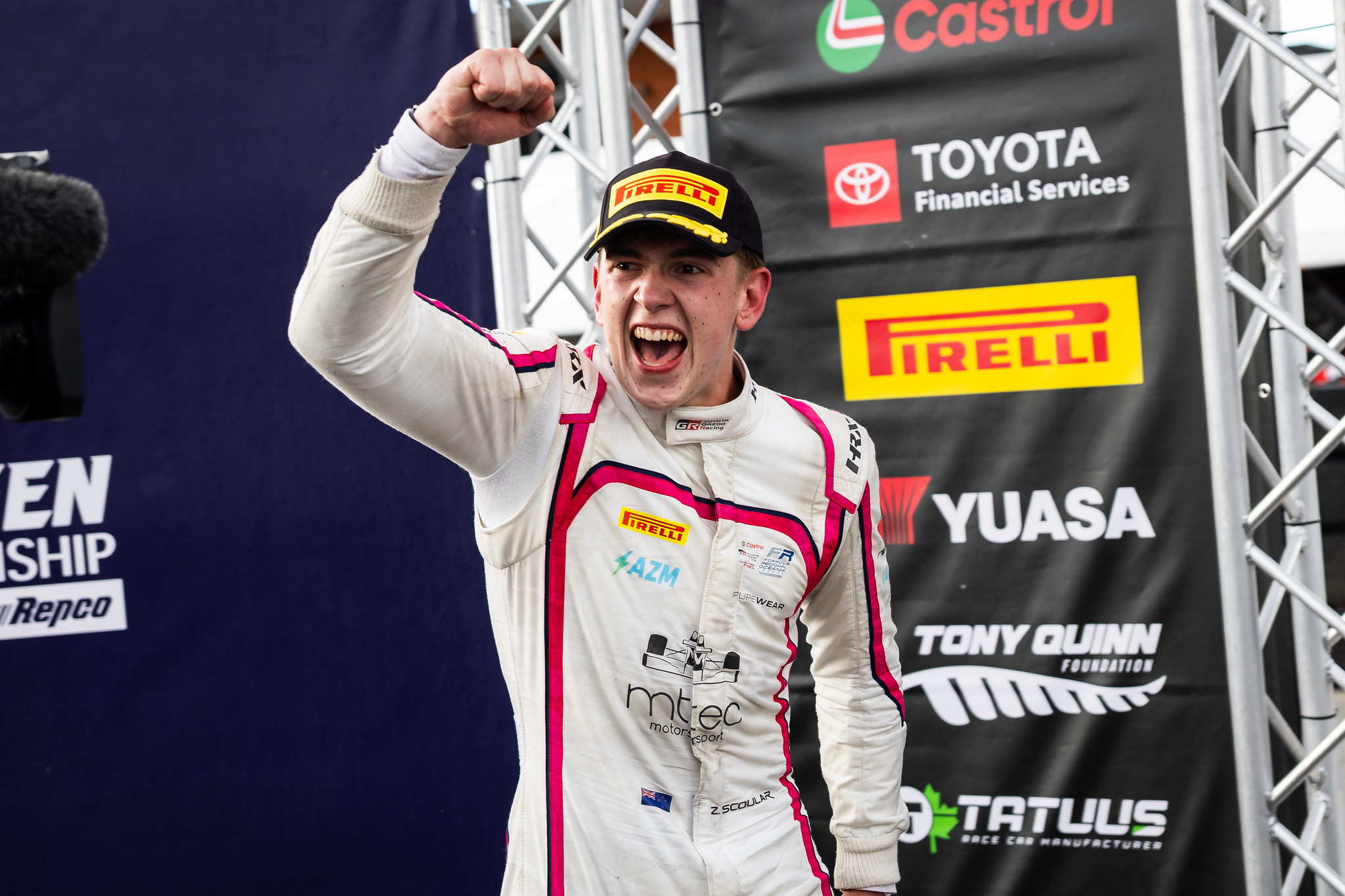Carlos Sainz heads into the Azerbaijan GP weekend hoping for a strong turnaround from Monza. While the Spaniard’s performance remained solid throughout the Monza weekend, his race turned sour after an incident with Ollie Bearman. What would have been a promising race for both drivers left them out of the points.
Similarly, the race prior to Monza had Sainz involved in an incident with Liam Lawson. While attempting an overtake around the outside of Lawson, the pair made contact. Both drivers were forced to return to the pits with punctures and Sainz had to get a new front wing.
Zandvoort penalty reversed ahead of F1 Azerbaijan GP
The collision in Zandvoort ultimately left a sour mark on the Williams driver’s race. Concluding with a finish outside of the points in P13. Sainz got hit with a 10-second time penalty for the incident. In addition to the time penalty, he was handed two penalty points on his Super Licence.
Williams appealed the case, with Team Principal James Vowels claiming it was a racing incident. After presenting new evidence in the hearing, the FIA decided to overturn the penalty. The time penalty had already been served and could not be undone. However, the FIA removed the two penalty points from the Spaniard’s Super License.
Speaking in his print media session in Baku, Sainz was asked if the penalty was more about penalty points rather than championship points. The 31-year-old explained the situation, stating:
“Yeah, I think after Zandvoort, you saw me obviously quite upset about the whole situation because I was very convinced that we had a point and we had an opportunity. Especially when I went after the race to speak to the stewards, they were actually quite open to the discussion and to let me give my POV.
“I could tell that they also had a good conversation and realisation that maybe the judgement was not fully correct and the fact that the FIA gave us the opportunity to, and there were enough mechanisms to open the discussion again, I think it’s a positive step. The fact that they even took the opportunity to revert or cancel the penalty points and the penalty itself is a good sign.
“Honestly, I can just say it’s a good sign. I’m not saying every case or every scenario should be the same, but I think cases that are pretty obvious like that one, it’s good to see that there’s mechanisms and ways to revert.”
A breakthrough with the FIA
Over the last year, several drivers made complaints regarding the FIA and their communication with the drivers. Carlos Sainz and Mercedes’ George Russell have been two of the drivers that have made strong cases regarding the topic. As a director of the GPDA, Sainz has shown his willingness to make changes in the sport.
When asked if the discussion with the FIA was a breakthrough or a standard procedure regarding penalties Sainz candidly responded:
“For me, it’s relatively a breakthrough because it’s the first time I’ve managed to present new evidence and accept a right of review. We’ve tried before and we’ve never managed in other teams. So it shows that the mechanism is there and is there for a reason. I’m finally happy that you can use that mechanism when in the case where it’s black and white, like it was in my case.”
Full-time stewards?
Sainz continued to be asked about the case of implementing permanent stewards in F1 and who should pay for this. The Williams driver insisted that paying for permanent stewards should not be an issue, stating:
“I don’t know the finance side of that, but as a group, F1 and FIA, if we all agree that should be the way forward where at least two of the three stewards are permanent and we have one rotational for teaching purposes and sporting fairness purposes to have always one rotational but two permanent. We shouldn’t care about who pays because there’s enough money in the sport to pay those salaries the same way there’s enough money in the sport to pay the salaries of all the other people. So if that’s the right way forward I cannot believe we’re talking about those salaries.”

